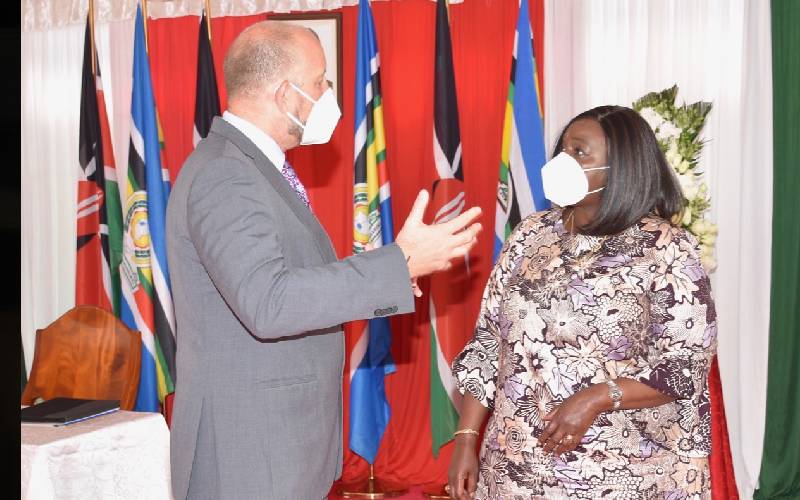
As the Uhuru Kenyatta presidency nears the end, self-assessment is taking place with the Ministry of Foreign Affairs (MFA) in the lead. While appearing to wake up from prolonged slumber, it stopped being a ‘Ministry of Strange Affairs’, and turned into a vibrant coordinator of Kenya’s multiple global interests. It managed to cut a niche for itself in a world that is realigning and discarding previous post-world war II and post-Cold War thoughts on what the world order should be.
MFA reassessment took place during an ambassadorial conference where a few hard truths were told. Auditor General Nancy Kathangu said the reason MFA and other ministries get ‘qualified’ reports from her office was because institutions ignore their own internal auditors. PS Macharia Kamau cleared the air on use of titles. In Kenya, he reminded the ambassadors, only the president qualifies to be ‘His Excellency’ or “Your Excellency’. For them, those titles apply outside, not inside Kenya.